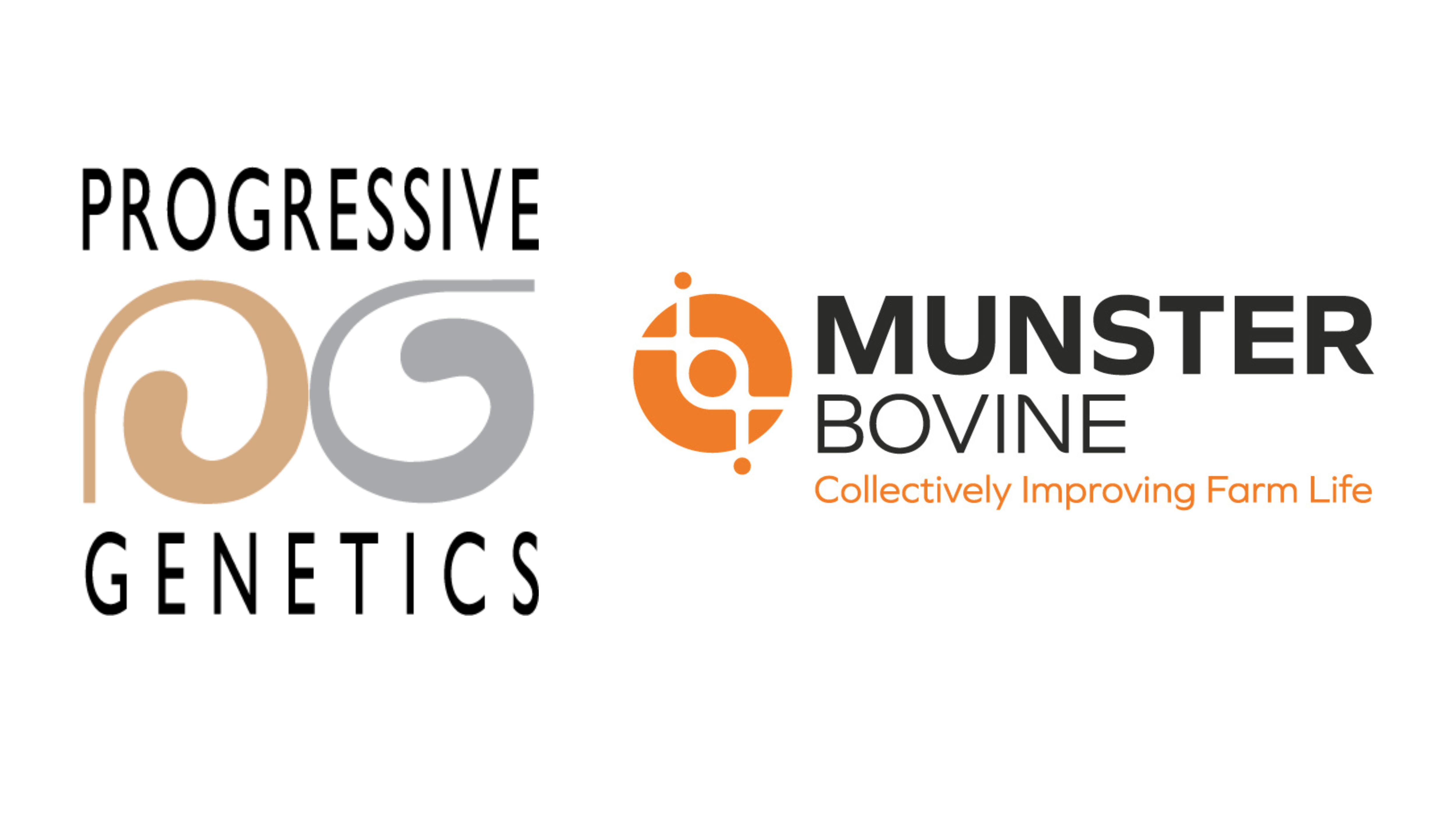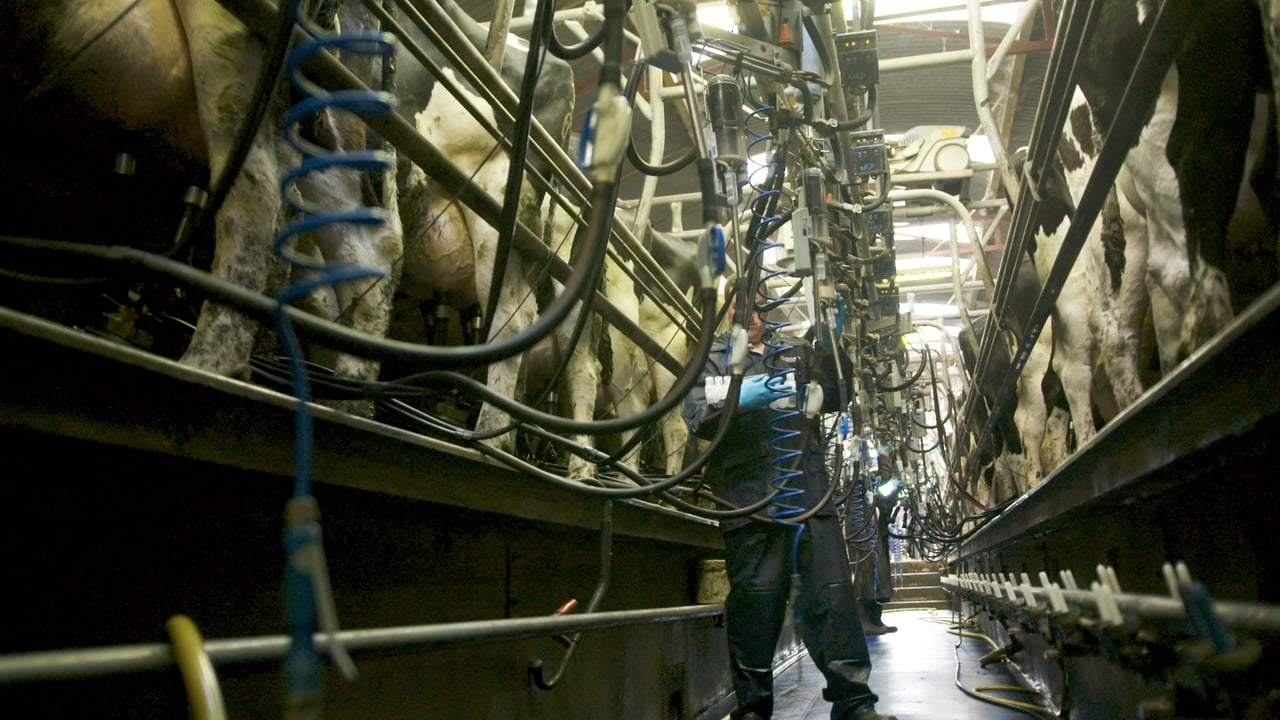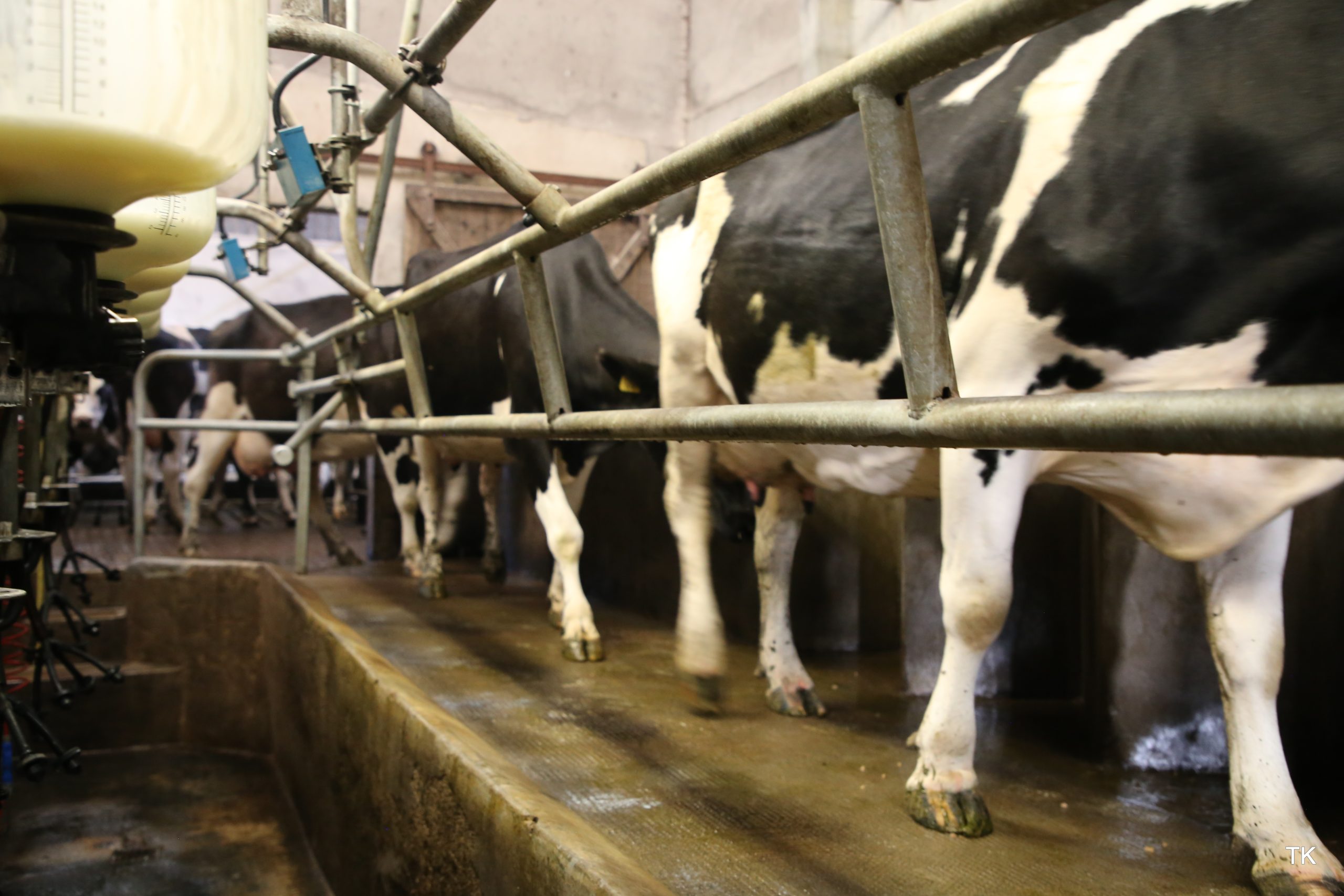Sponsored Article

Sponsored Article
Accurate and stress-free pregnancy diagnosis in dairy cows
Sponsored Article

Pregnancy diagnosis is a vital part of managing fertility and productivity in dairy herds.
One of the most effective and non-invasive methods available today is PAG testing, which uses milk samples to detect pregnancy with over 98% accuracy.
Milk pregnancy testing has grown in popularity in Ireland over the last number of years, as it presents as a quick and simple way to determine if a cow is in-calf.
This trend is no surprise to Ireland’s leading milk recording organisations, Munster Bovine and Progressive Genetics.
Looking specifically at the growth of this service in recent years. Mary O’Keeffe, Herd Management Manager with Munster Bovine commented, “What we have seen in Munster is that once farmers start using the PAG test, they continue to use it year after year, such is the satisfaction with the results.
"We are noticing a consistent growth in the number of farmers that are availing of milk pregnancy testing across our territory.
"With little or no effort, farmers get a pregnancy result that is extremely accurate, ensuring that they can make the best decisions with their empty cows”.
This growth is mirrored in Progressive Genetics.
According to Kevin O’ Neill, Milk Recording Operations Manager at Progressive Genetics: “What we are seeing in our area is that more and more farmers are using PAG as their primary form of pregnancy confirmation.
"This is largely because farmers can rely on the results and are benefiting from the reduction in time, labour and animal handling involved in identifying empty cows".
The IDEXX Milk Pregnancy Test, is designed to detect PAG (Pregnancy-Associated Glycoproteins) in milk samples.
PAGs are specialised proteins produced only by the embryo and placenta during pregnancy. These proteins begin to appear in detectable levels in a cow's milk from 28-days post-breeding, making them highly specific markers for pregnancy.
Using an ELISA test, PAG levels can be measured in milk samples to reliably determine pregnancy status.
This makes the test a convenient, stress-free and non-invasive alternative to traditional methods.
Munster Bovine and Progressive Genetics offer PAG testing as part of their routine milk recording service, making it easy to integrate pregnancy diagnosis into existing herd management practices.
Milk samples collected during milk recordings are analysed to identify pregnant cows and detect any potential reproductive issues early.
When used at the right times, PAG testing provides valuable insights that support better decision-making:
At 10 weeks after the start of the breeding season, cows that became pregnant within the first six weeks will have reached the 28-day threshold for pregnancy detection.
A PAG test at this point helps identify early pregnancies, allowing for more focused management of cows that have not yet conceived.
At least 28 days after the breeding season ends, a full herd PAG test can identify both pregnant cows and those that have failed to conceive. This helps inform culling decisions, feeding plans, and future breeding strategies.
Since early pregnancy loss can occur, a follow-up PAG test later in the year provides confirmation of ongoing pregnancies.
This can help ensure that cows presumed to be in-calf are still on track, avoiding surprises at calving time.
- Non-invasive and stress-free for the cow: Milk samples can be tested from routine milk recording samples, eliminating the need for additional animal handling. In turn, this enhances workflow efficiency and reduces stress on animals.
- High accuracy: Studies have demonstrated the test's high sensitivity and specificity. In cows, the sensitivity is 98.7%, which indicate the test's reliability in correctly identifying pregnant and non-pregnant animals.
- Integrated with milk recording, saving time and effort: For Munster Bovine and Progressive Genetics customers, the only action required is to inform your milk recorder before milk recording commences and which cows you would like tested for pregnancy using the milk pregnancy test. No further effort is required.
- Supports better reproductive planning and herd performance: By identifying non-pregnant cows early, farmers can make informed decisions about breeding strategies.
- Reducing costs associated with empty cows: Research has determined that the cost of one empty cow alone is approximately €5 per day. Therefore, if you do not have to wait for pregnancy checks to find empty cows, you can save a lot of money.
Milk recording is a cornerstone service provided by Munster Bovine and Progressive Genetics.
To find out more, call Munster Bovine on 022 43228
or
Progressive Genetics on 046 9540606.
Sponsored Article







